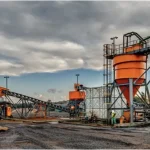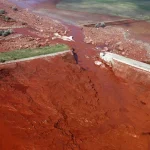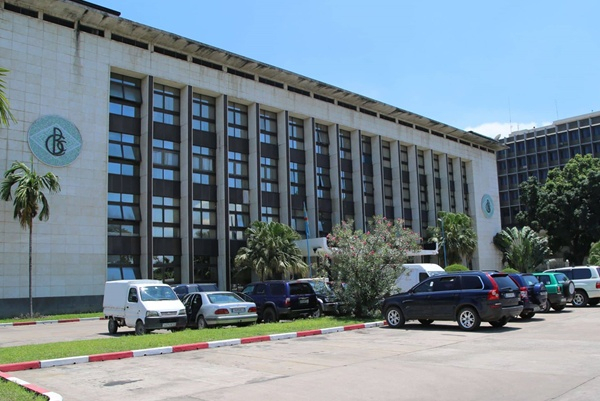The Central Bank of Congo (BCC) is turning up the heat on the country’s powerful mining and oil sectors, introducing massive fines to enforce long-ignored foreign exchange regulations.
In a dramatic move aimed at curbing capital flight and stabilizing the weakening Congolese franc, the BCC has hiked penalties by more than 1,000% for companies that fail to disclose their foreign bank accounts.
According to a memo from AKILI Consulting, which advises industry leaders like Kamoa Copper and Kibali Gold, the fine for not declaring offshore accounts has shot up from CDF 5 million to CDF 58.68 million—roughly $1,786 to $20,957.
And that’s not all.
- False declarations now come with a staggering CDF 234.72 million fine (about $83,800).
- Transfers through shell companies will be penalized at 35% of the transferred amount.
“This signals a serious shift in tone from the Central Bank. They want to tighten the taps and make sure export dollars flow back into the local economy,” noted one Kinshasa-based analyst.
Why the Crackdown?
While AKILI Consulting didn’t outline the BCC’s specific motivations, the message is clear: boost foreign currency reserves, improve transparency, and enforce repatriation laws already on the books.
Under Article 269 of the DRC Mining Code, mining and oil operators are required to repatriate 60% of their export earnings within 15 days during the amortization phase of an investment. Once a project recovers its costs, 100% of revenues must be brought back to Congolese banks.
Despite these rules, compliance has been patchy at best—something the central bank is now aggressively working to change.
Learning from the Past
This isn’t the first time the DRC has attempted to rein in offshore hoarding of mineral revenues. A similar clampdown was launched in 2017, though enforcement was inconsistent. This time, however, the penalties are sharper and more targeted, signaling a stronger political will.
Who’s Affected—and Who’s Watching
AKILI Consulting, headed by Arlette Mboyo, a board member of Bank of Africa’s DRC subsidiary, is advising clients on how to navigate the new landscape and avoid costly missteps. The firm is known for helping multinational operators manage regulatory risk in complex jurisdictions.
For mining and oil giants, the message is unmistakable: bring the money home—or pay the price.
Bigger Picture: A Battle for Financial Sovereignty
With the Congolese franc under pressure and inflation creeping upward, this move is part of a broader push by the government to assert greater control over resource revenues—and ensure that DRC’s vast mineral wealth translates into economic stability at home.
As the global demand for cobalt, copper, and gold continues to surge, so too does the importance of tightening financial governance.
“It’s not just about compliance—it’s about sovereignty,” said one government insider. “We’re no longer letting billions leak out while our economy struggles to breathe.”















